On beauty standards, vanity, aging, skin-care, Botox, and choosing your author brand. I promise they’re related! Also Indie authors going to Traditional Publishing and the pitfalls, and a cool data point on series drop-off.
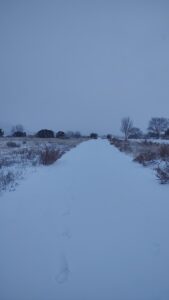
RITA ® Award-Winning Author of Fantasy Romance
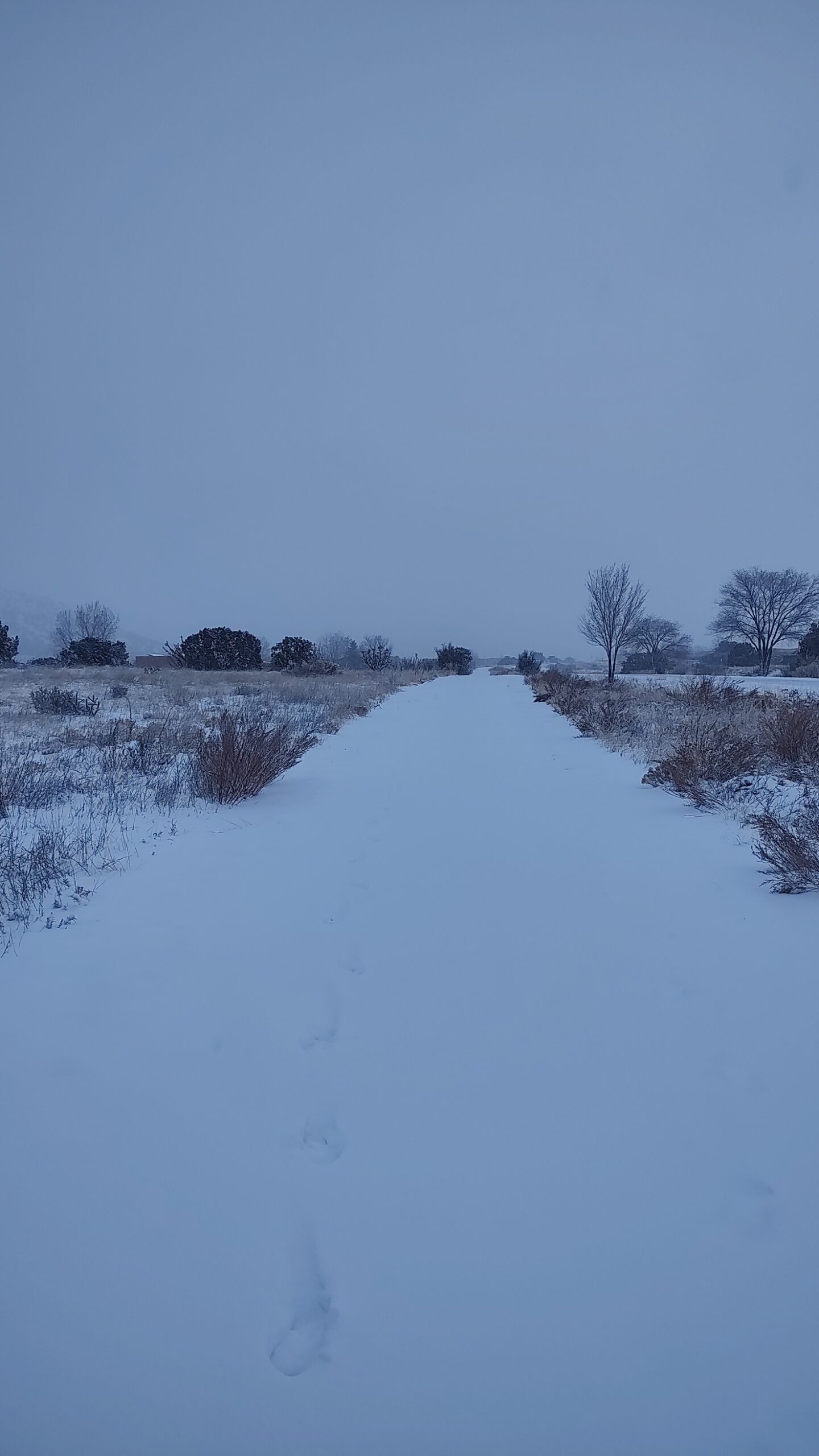
On beauty standards, vanity, aging, skin-care, Botox, and choosing your author brand. I promise they’re related! Also Indie authors going to Traditional Publishing and the pitfalls, and a cool data point on series drop-off.

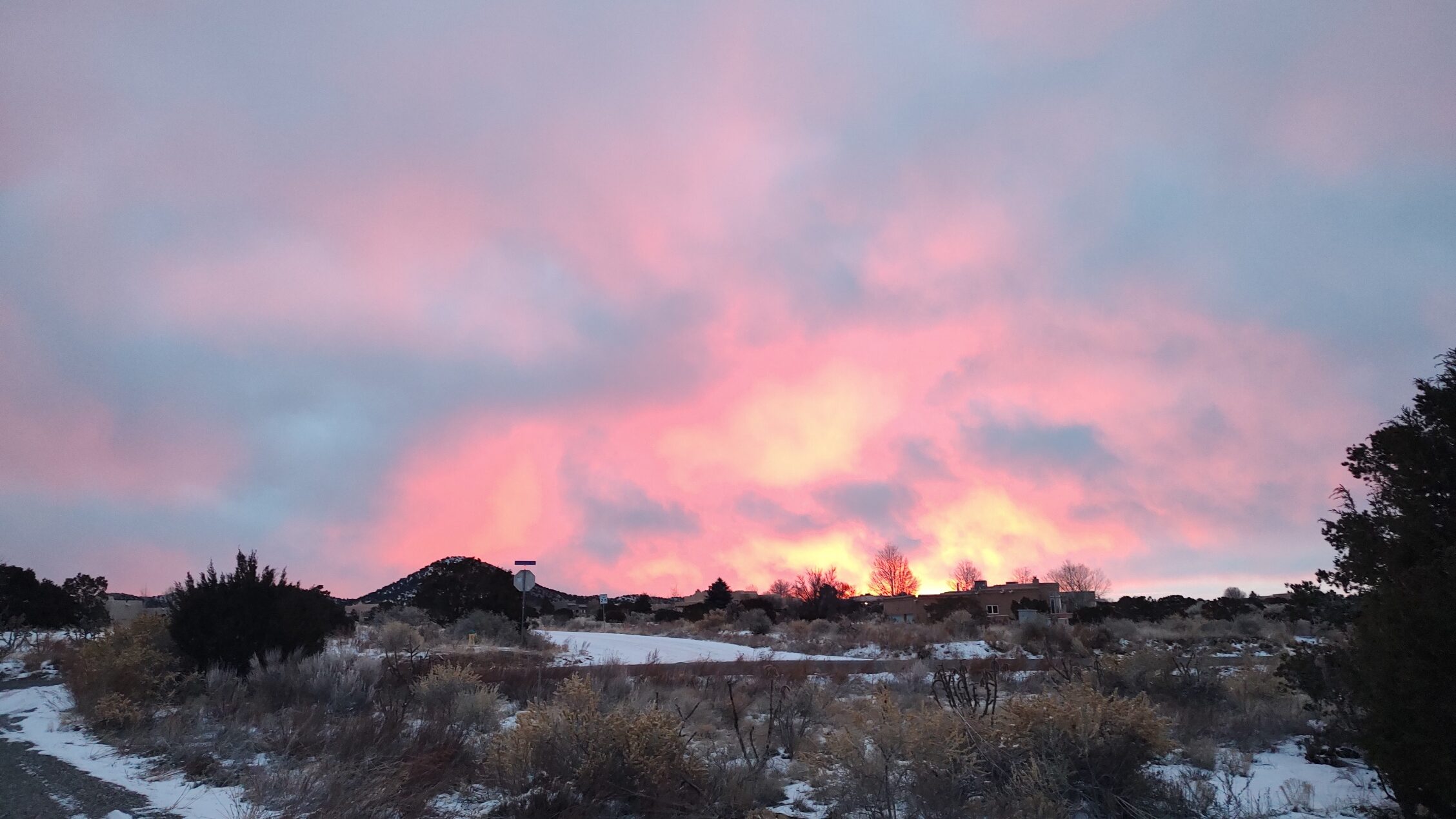

This week at the SFF Seven we’re asking each other: do you look for new skills to try each year? Or with each book?
My first reaction is that this isn’t an annual process for me, but an ongoing one. Because it’s absolutely something that happens with every book. And not because I plan it that way! Quite the reverse. With 65 published titles, I often go into new books thinking something along the lines of “This one will be a fast and easy write because x, y, z.”
I am, inevitably, always always wrong.
That’s not to say that some books don’t write easier than others, but they all pose unique problems. It seems to be the nature of the beast, that the creative process goes to a new and more challenging place every time.
I have two caveats to this:
Except that someday (maybe?), I’d like to go back and rewrite that second novel. I bet I could pull it off this time.
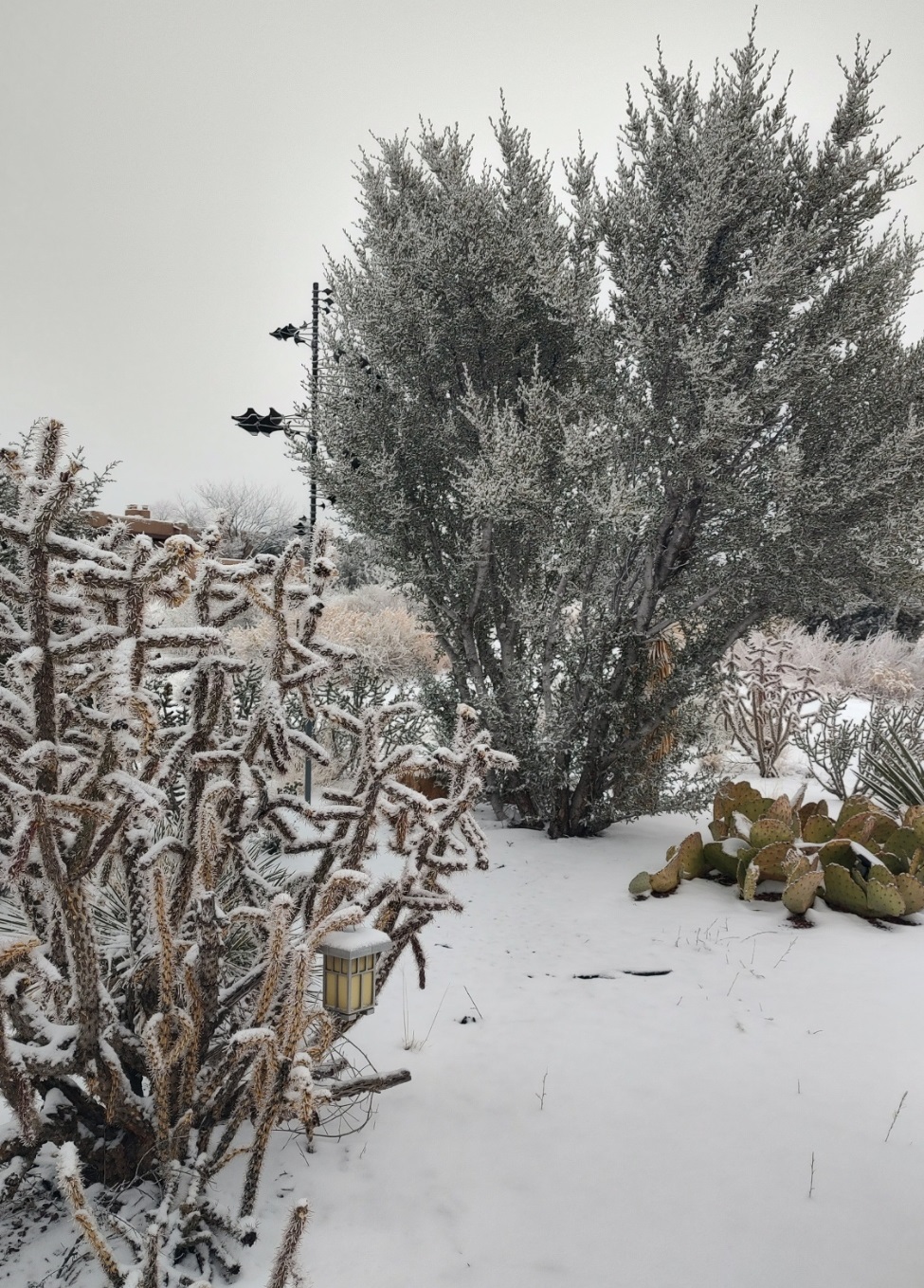
Some advice today for newbie writers on writing your first book, including the importance of finishing and keeping it simple. Also, different muscles we use for writing and how approaching a work with various strategies exercises them.
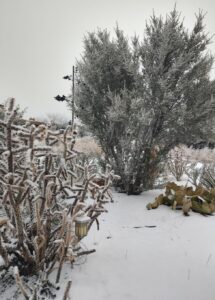
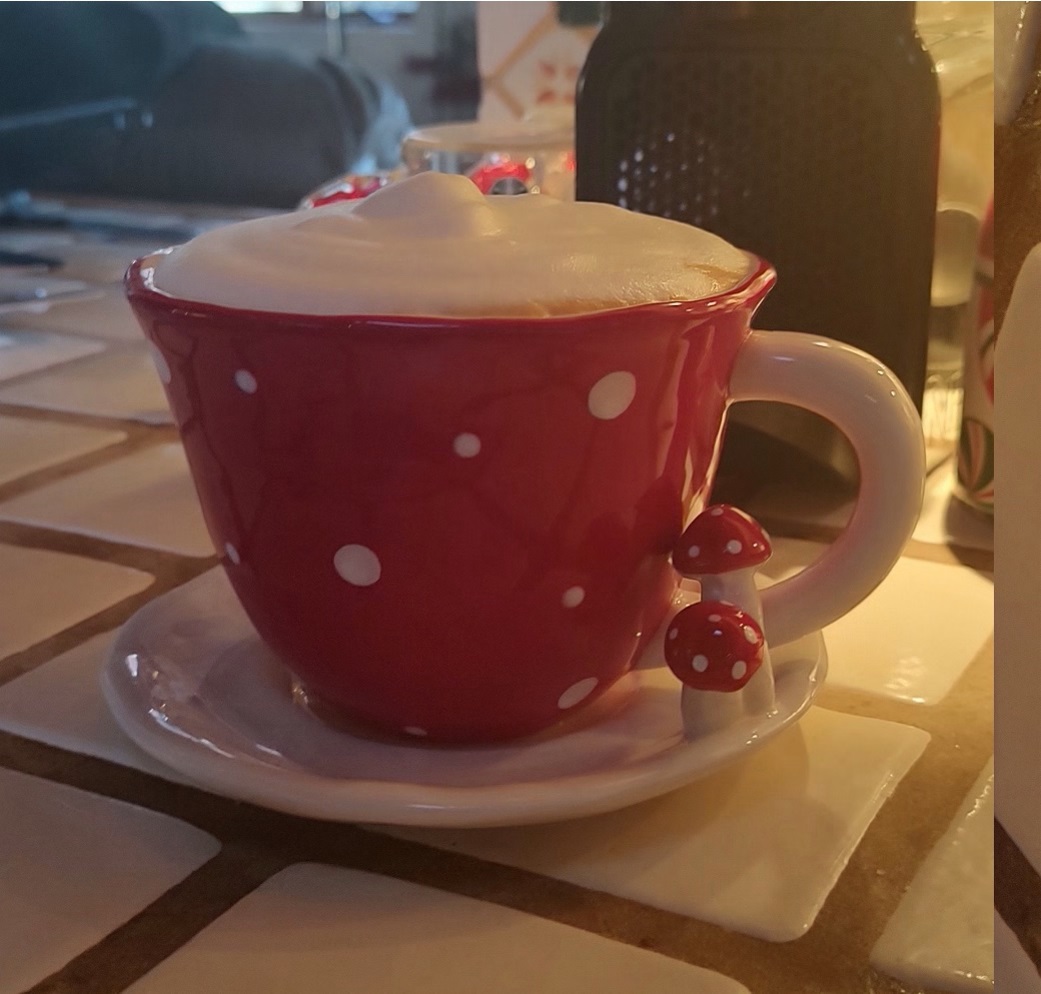
Happy New Year! I’m back from an (almost) unprecedented two-week break, talking about working smarter not harder really panned out in 2023 and a deep dive into author finances as a full-time writer.
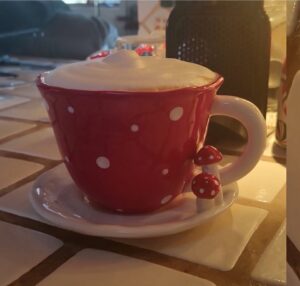
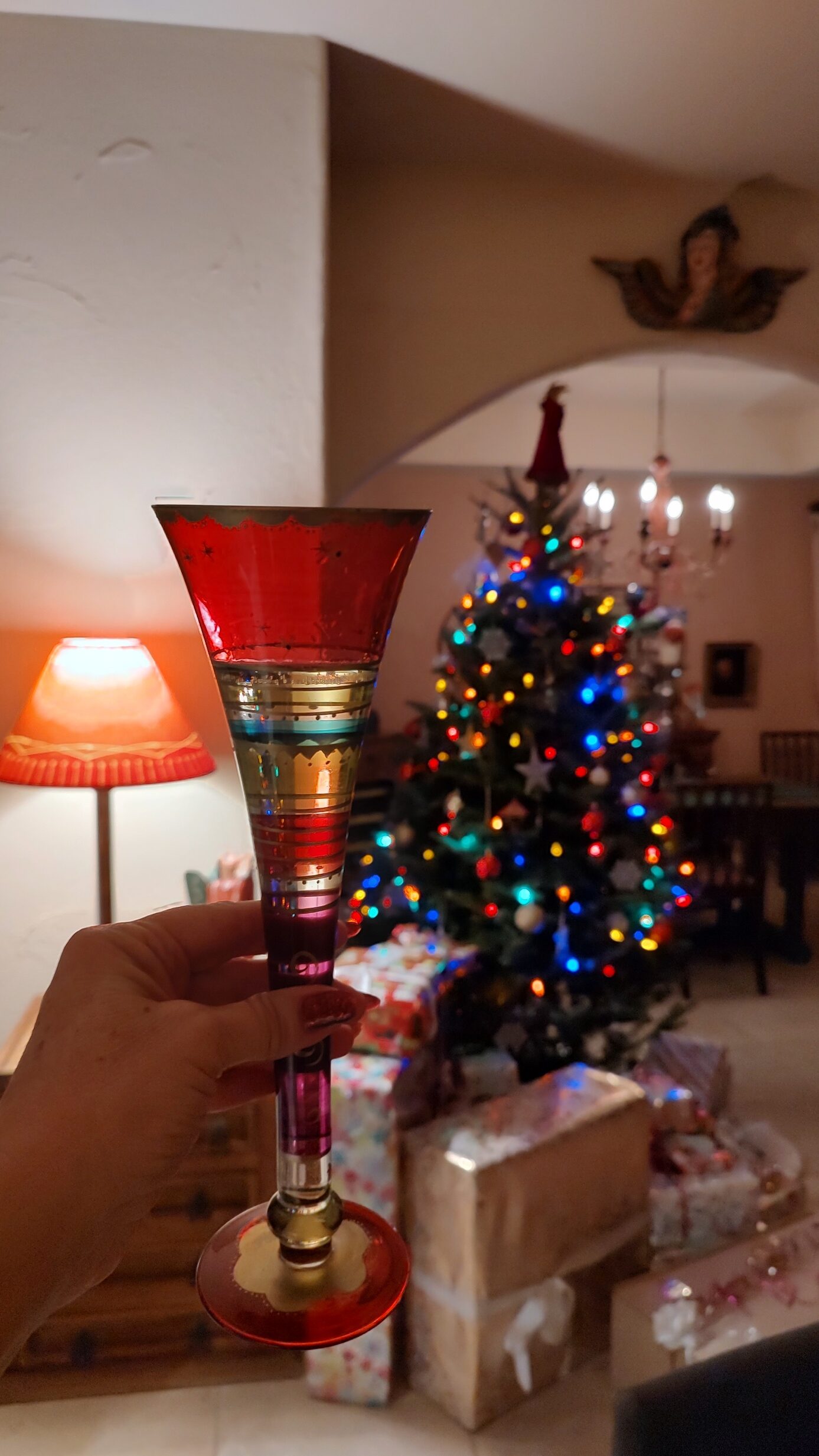

Happy New Year!
On this New Year’s Eve day, I’m busy crunching year-end financials in preparation to go to quarterly tax-reporting. Author finances, however, are not the topic of the week at the SFF Seven. Instead we’re discussing a much happier topic: sources of inspiration.
The two are somewhat tied together for me as I’ve spent the last two weeks refilling my creative well. I finished my revision of ONEIRA (final title to come) on December 15 and sent it off to my editor. Since then, I’ve taken a break from writing work – very unusual for me. The time has been consumed largely by Christmas prep, travel, visiting family, and doing business like the above crunching of year-end financials. Looking at this, I’ve realized that I’ve been relying on passive well-refilling: hoping that if I simply leave the creative well alone, that the vast water table of the universe will seep in and top that puppy off for me.
And, to some extent, that’s true.
However, I’m realizing I haven’t been following my new tenet of aggressively refilling the well. That would mean finding ways to actively pour juice into that well. And that’s where inspiration comes in. What are my top three?
Media
I’m putting a lot under this heading, much like my sibling-under-the-skin, Murderbot. One thing I have been doing is a full re-read of this excellent series by Martha Wells. Reading books – particularly brilliantly written ones by authors I admire – is a great source of inspiration for me. I also include listening to music under this heading. While road-tripping, I put my music library on All Songs Shuffle, which unearths interesting stuff I haven’t listened to in ages. A Cat Stevens song – The Wind – turned up, so now I’m diving into a full Cat Stevens song shuffle. What an amazing songwriter, to communicate so much in so few words. Finally, I love watching movies for inspiration. I got a great idea just the other night from a movie and now I’m sizzling to write this series. Though it will have to wait, the sparkle of that excitement adds to my overall feeling of creative flow.
Nature
I’m fortunate to live in a beautiful place. My desk overlooks a spectacular view and my morning walk with the dog is replete with huge skies, distant mountains, and beauty of all kinds. I say I’m lucky to have this – and I am! – but I also sought out this place, because being outside in a beautiful place is super important to me. Just living here refills my well.
Silence
Longtime readers probably know that I’m an advocate of silence for creative flow. By this I don’t necessarily mean the absence of ambient sound, though it sometimes means that for me. I’m talking primarily about the silence of the mind, the emptiness that allows creativity to flow in, that enables us to hear the voices scintillating through the veil, telling us their stories. Taking time off from the “noisier” parts of my life has been invaluable for that.
Huh… Turns out I’ve been doing better at aggressively refilling the well than I thought!
Best wishes for an inspiring 2024 for us all!
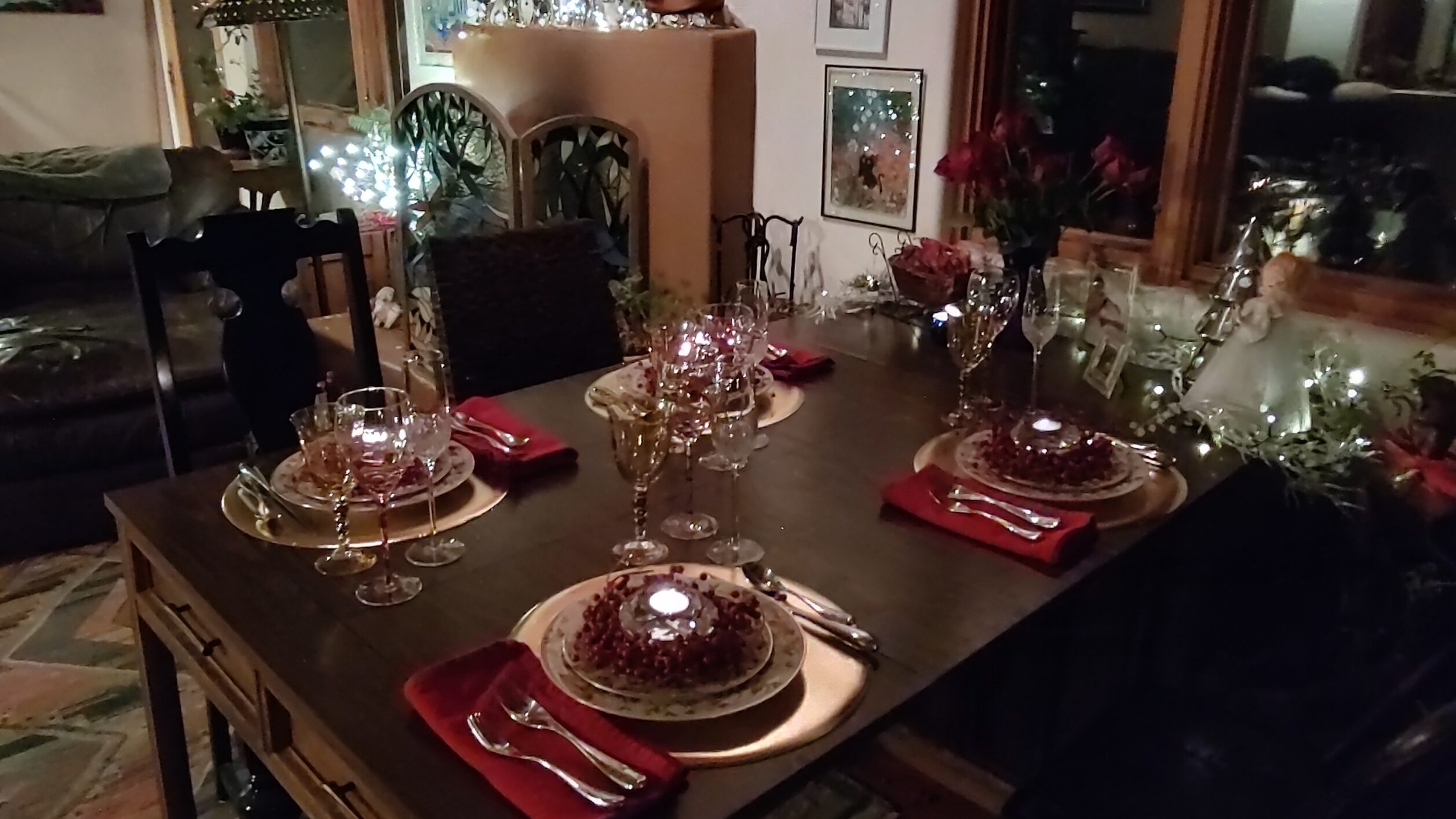
The new portmanteau term “Romantasy” being used for Fantasy Romance and Romantic Fantasy, my own personal history with writing cross-genre and being a crack ho, and how I got namechecked in a most validating way!
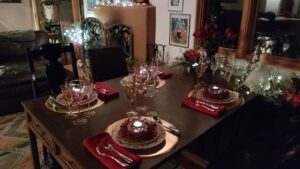
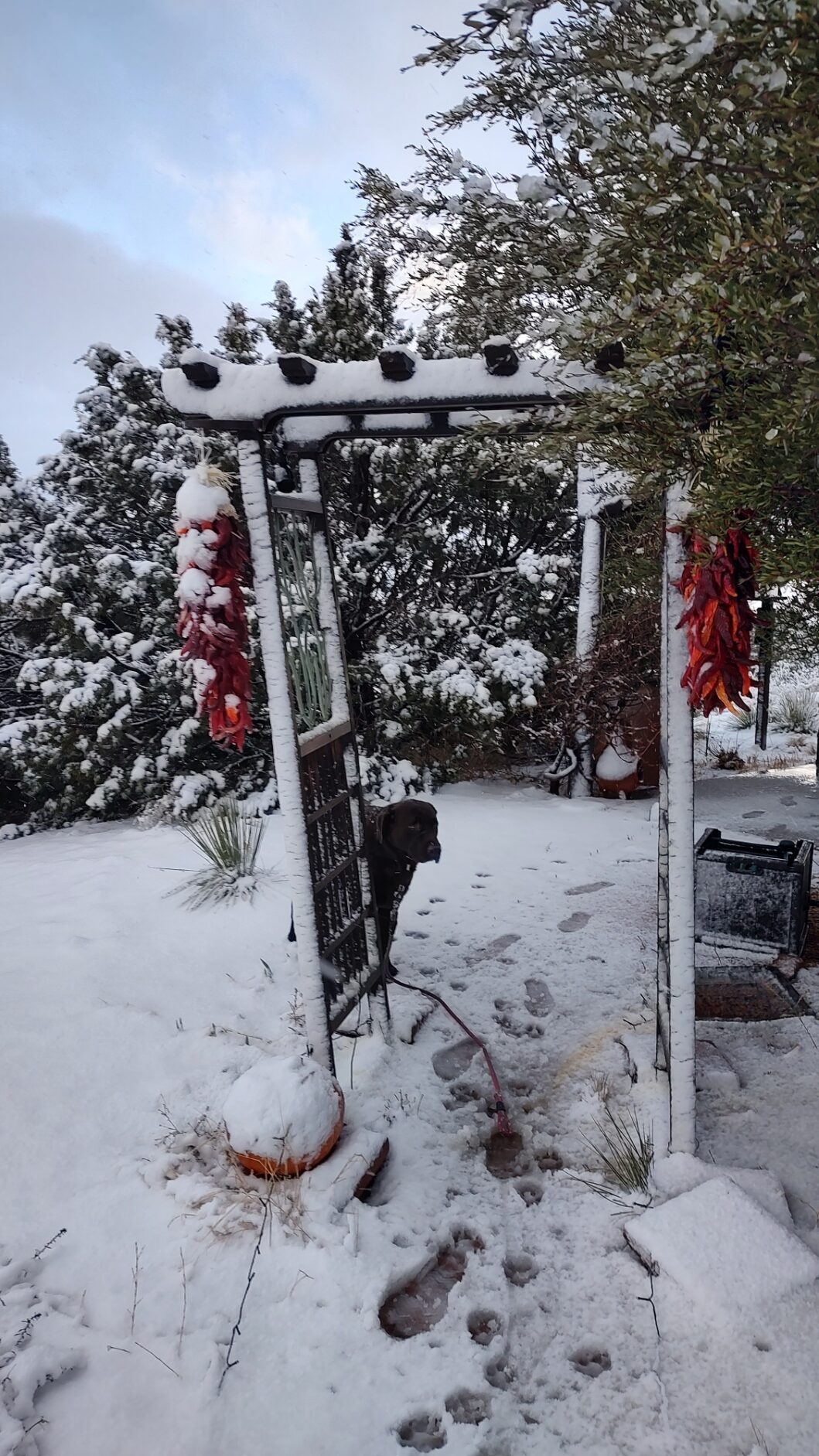
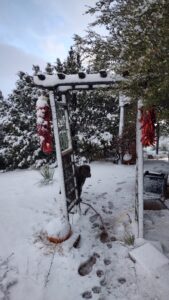
A weird thing about me: I’m always a bit ahead of my time. I don’t know why this is, but it’s been true all of my life. And it’s not nearly as cool as it sounds (if it does sound cool). In truth, it’s not a great thing at all, because it means I’m never in the full swing of the cultural zeitgeist. I’m the odd duck, the one not marching along with everyone else.
Many of you have heard these stories of my trajectory (which implies a straight course and steady momentum which would be entirely incorrect). In summary:
Fast forward to today and the coining of the term Romantasy.
A number of readers have contacted me recently, having just encountered the term, largely via the new Goodreads Choice Awards category. I’m not sure who coined the term, but the portmanteau of Romance + Fantasy has now come to encompass Fantasy Romance and Romantic Fantasy. This has been occurring first in the Indie spaces and now is moving into traditional publishing as they catch onto the trend. Just last February – on Valentine’s Day – Devi Pillai, Publisher at Tor, the notable publisher of science fiction and fantasy (SFF), announced that they’d created a new imprint: Bramble. Monique Patterson, Editorial Director at St. Martin’s Press, moved over to head up Bramble, which will be SFF + Romance.
In very cool news for me, Monique was featured in Publisher’s Weekly Notables of 2023 and namechecked me! (Along with my friend and colleague, Amanda Bouchet.) Monique said:
Romantasy may be the shiny new portmanteau on the block, but the fusing of speculative fiction and romance, Patterson notes, is nothing novel. She points to series by such authors as Amanda Bouchet and Jeffe Kennedy that would likely be categorized as romantasy now, but came out before the term was coined. It was tough putting out such books in years past, but they “would probably do wonderfully now,” she says.
Isn’t that cool? I was so pleased to be mentioned in this context. From Crack Ho to Trailblazer!
Ain’t that just the way it goes?
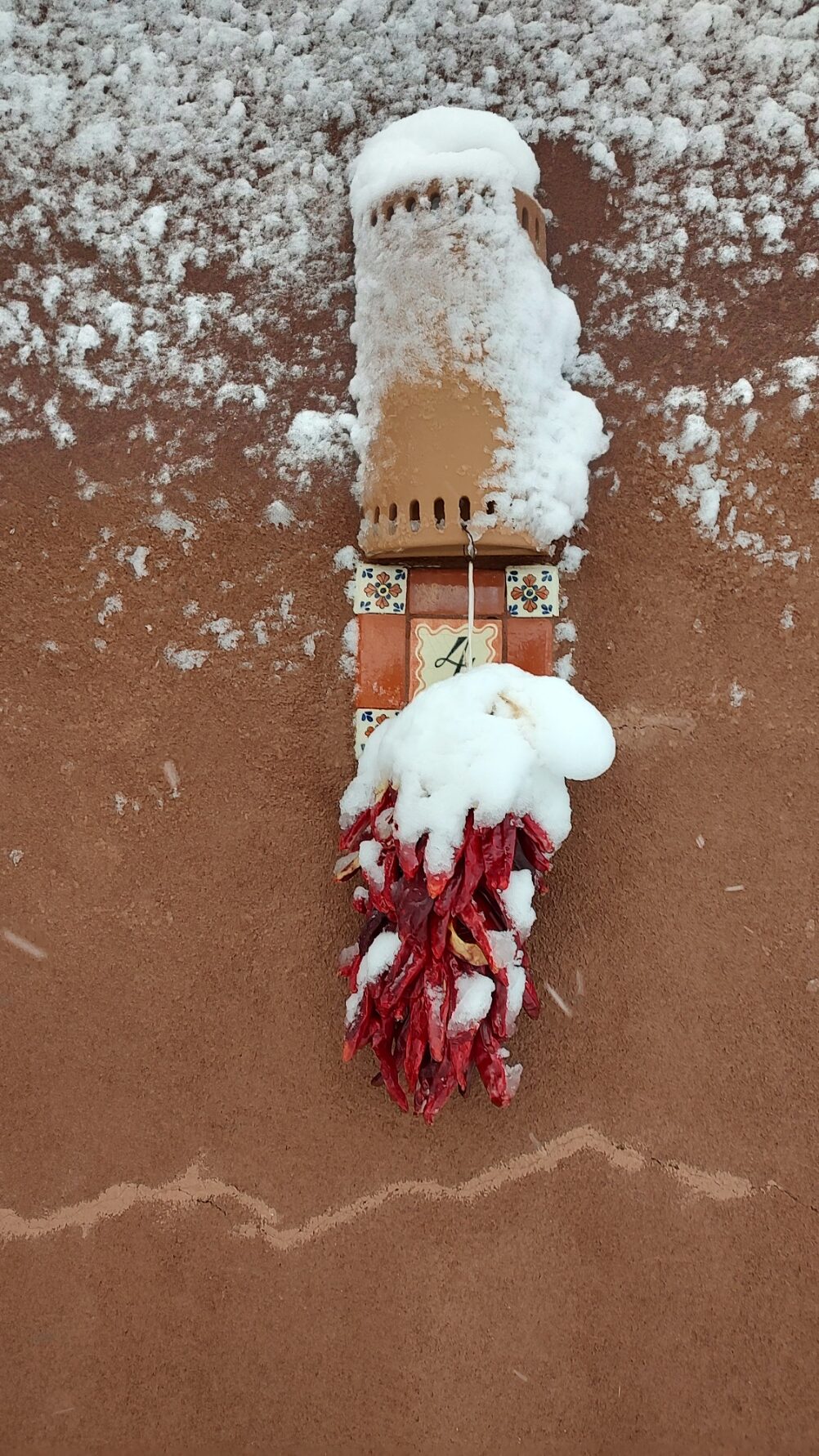
How do we feel about Alexander Skarsgård being cast as SecUnit in the upcoming Murderbot series? Also the advantages for creatives of working in a corporate environment and Taylor Swift: dedicated businesswoman.

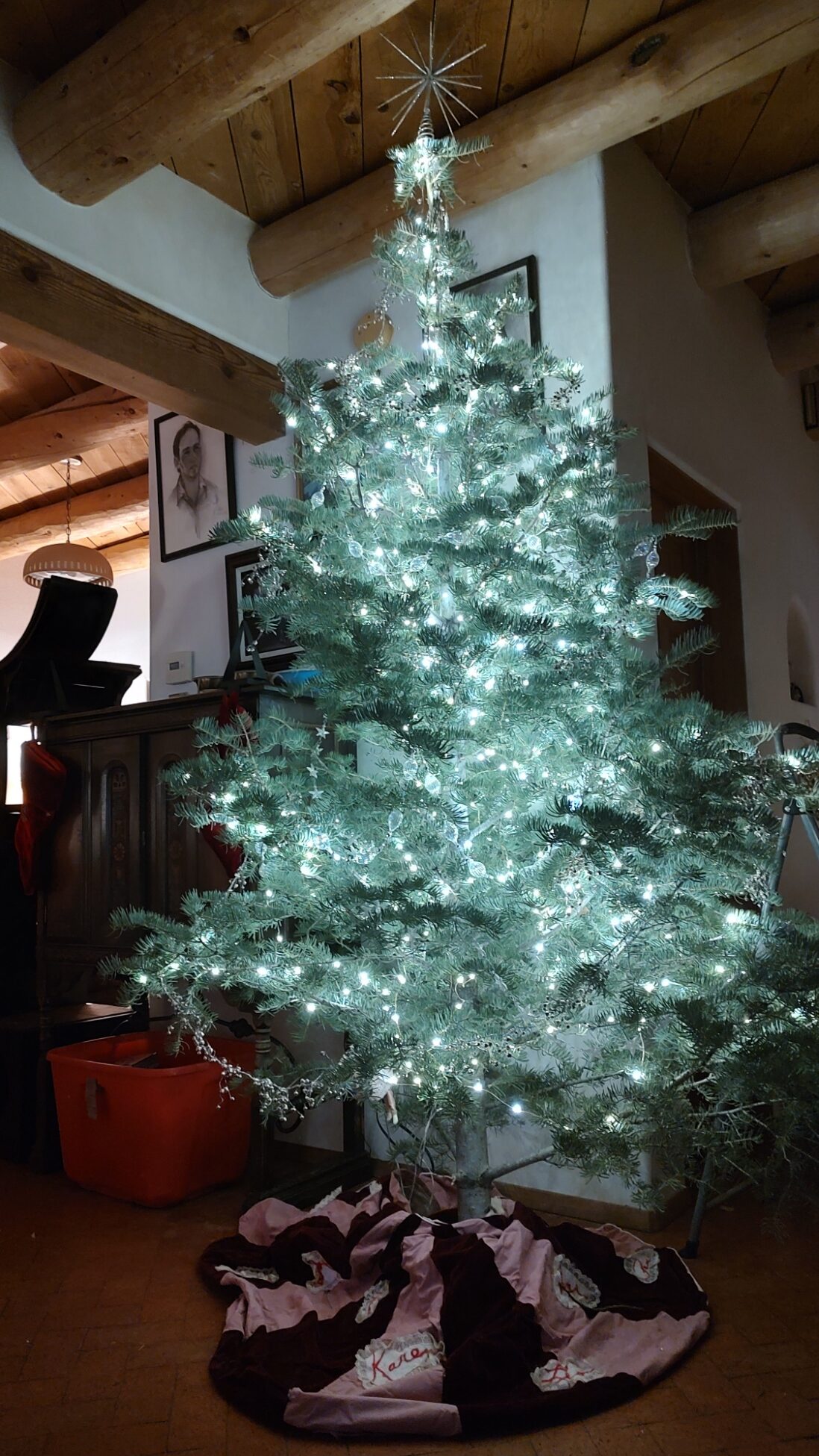
A theory I’ve been mulling on a major influence on series sell-through, but that might be even more difficult than most to quantify. Also, a bit on author taxes, a quasi-epiphany on my work plan for December and being good with scaling back.

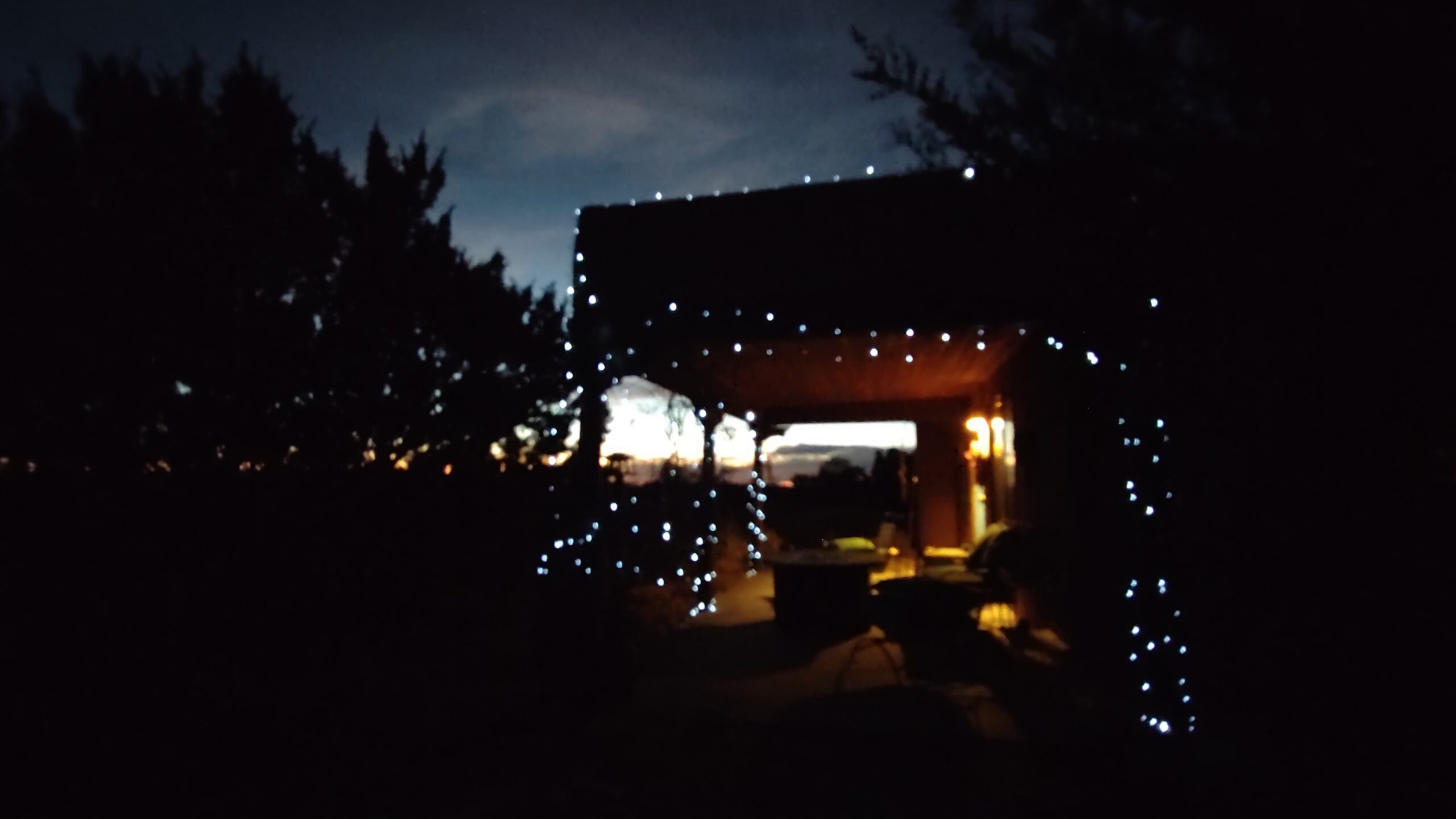
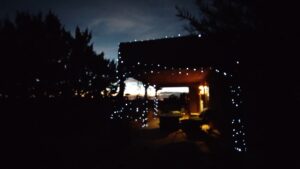
This week at the SFF 7, we’re asking what is the website you use the most while writing?
I’m going to answer this a bit contrarily. While writing – that is, while drafting – I don’t use any websites at all. I do my best to stay entirely offline while drafting. Anything I feel I might need to look up, I put in square brackets and save for the revision stage. On my most recently completed book, TWISTED MAGIC, I had nearly 200 square brackets when I stopped drafting and started revising, which was at about 75% through.
(Sometimes I draft all the way to the end, then revise; with other books I stop at some point and go back to the beginning, revise from there, then go to the end. There’s no rhyme or reason to it. Each book is different. But that’s another topic.)
Now, when I’m revising the website I use the most is… Plain Ol’Google.
(What a world we live in now, where I can write down Google search as an old-fashioned method.)
Now, my Google-fu is strong. I use [word] + etymology a lot to find better words for what I’m trying to say, or that word in another language. I look up specifics on things I want to research more. I look up names. I stay away from rabbit holes, even while revising.
For me, the internet is anti-writing, so I steer clear. Maybe that’s true for you?